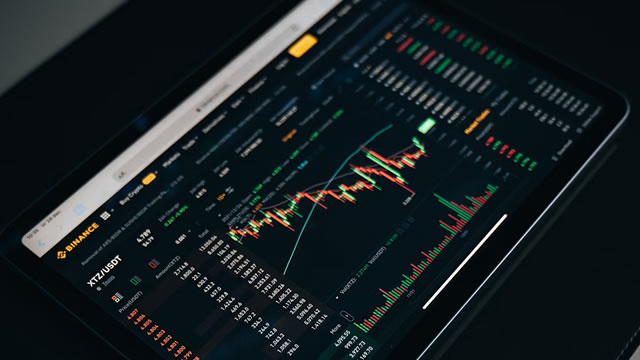The Market Speaks: Understanding the Impact of US-China Trade Tariffs
Last weekend, China’s Foreign Ministry made headlines with a rather blasé response to the U.S. imposition of new tariffs. “The market has spoken,” they said, as if to shrug off the potential economic fallout. But what does this mean for us, dear readers, and for the rest of the world? Let’s dive in and explore the quirks and complexities of this global economic dance.
A Tariff Tango: US and China
First, let’s set the scene. The U.S. has been slapping tariffs on Chinese imports since last year, and China has retaliated in kind. The latest round of tariffs, announced in early August, saw the U.S. impose a 15% levy on a wide range of Chinese goods, including electronics and clothing. In response, China announced tariffs on $75 billion worth of American imports.
Market Mayhem: A Global Rout
Now, let’s talk about the market reaction. US stock markets took a nosedive for a second consecutive day on Friday, with all three major indexes dropping by more than 5%. This was part of a broader global rout, with stock markets in Europe and Asia also experiencing significant declines.
- Why the panic?
- But wait, there’s more!
The fear is that this trade war could lead to a global economic slowdown. Higher tariffs mean higher prices for consumers, which could lead to reduced demand and lower profits for businesses. It could also lead to reduced investment and slower economic growth.
Adding to the uncertainty is the fact that this trade war is far from over. Both the US and China have threatened to impose even more tariffs, and it’s unclear when or if a deal will be reached.
So, What’s in it for Me?
Well, if you’re an average consumer, the immediate impact might not be noticeable. But if you’re a business owner or investor, you might be feeling the pinch. Higher tariffs could lead to higher prices for goods, which could impact your bottom line. It could also make it more expensive to import raw materials or components, which could lead to higher production costs.
A World of Consequences
But it’s not just the US and China that are feeling the heat. The global economy is interconnected, and trade tensions between these two economic powerhouses could have far-reaching consequences. For example:
- Supply Chain Disruptions:
- Currency Markets:
Many global supply chains rely on components or raw materials that are produced in China. Higher tariffs could make it more expensive to import these goods, which could lead to supply chain disruptions and higher prices for consumers.
Trade tensions could also impact currency markets. For example, if investors believe that a trade war could lead to slower economic growth, they might sell off the currency of the country that they believe will be most negatively impacted. This could lead to currency depreciation and higher inflation.
The Final Word
So there you have it, folks. The market has spoken, and it’s telling us that this trade war could have significant economic consequences. But remember, the situation is fluid, and things could change quickly. Stay informed, stay calm, and keep an eye on the news.
And on a lighter note, if you’re feeling anxious about all of this, maybe try taking a deep breath and doing a little dance. It might not solve the trade war, but it could help you feel a little better!





